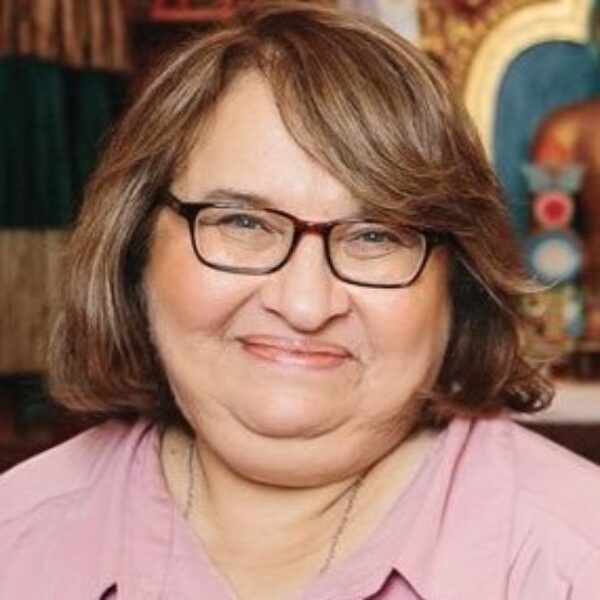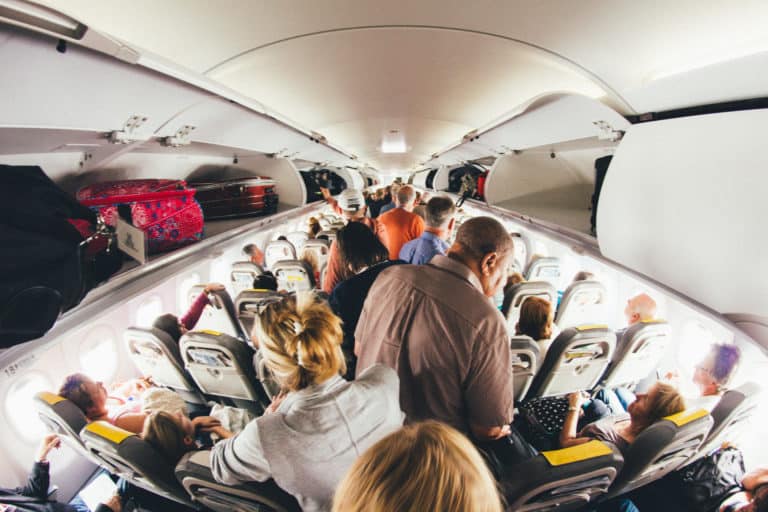How to Hold Hope Lightly
When a new year dawns we want to feel hopeful. Although New Year’s Day is just another space on the calendar, we give it meaning by thinking it represents a chance to clear our heads and put behind us the troubles and struggles of the previous year. As a Jew, a Buddhist, and an American I’ve always been pleased at the thought of having three different new year’s celebrations within one calendar year. Lots of chances to begin again! We may hope on New Year’s Day that we will begin to take a fresh approach to our persistent problems. Things are new, or at least we want them to feel that way.
Hope encourages us to look forward confidently, and we may expect hope itself is necessary for us to get what we desire. Often when someone succeeds despite the odds, admirers say, “She never gave up hope.” In this way, hope is also a refuge, akin to having faith.
Yet 2017 was such a tumultuous year that I have heard from many that they feel almost frightened or foolish to hope that things in their world will be better in 2018. I know in the year past I have been alarmed and frightened by how much deceit and duplicity I see. It has been very hard not to get lost in the chaos and it takes strength not to dwell there. As with so many, I yearn for peace and stability and a lot less anger and hate, but I know I cannot achieve those things on my own. For many, remaining hopeful feels like a useless place to put their energy, but they don’t want to be hopeless.
In the Buddhist tradition we tend to be a little skeptical of hope, or perhaps it’s better to say we hold hope lightly. That doesn’t mean we are into hopelessness, quite the opposite in fact. But the opposite of hopelessness would be considered love, or connection, in contrast to trying to wrest control over life’s changes, which doesn’t do much for us. One cause of suffering is desire. When you get obsessed by or fixated on something specific that you want you may view yourself and the world around you from a deficit: Life would be perfect only if you could get that thing, person, experience. One can get lost in this craving, which only increases separation from the world as it is.
We try to see the world as it is with equanimity instead of craving and fixation. Equanimity — the balance that is born of wisdom — reminds us that what is happening in front of us is not the end of the story, it is just what we can see. Instead of being frightened of change, with equanimity, we can see its benefits and put our daily existence in a broader context. The hope resides in the certainty of relief not in specific outcomes, like getting exactly what we want; the hope comes from the way things actually are in this universe: This too shall pass.
In the meantime, you might ask, where is the hope? I have found a healing sense of hope in two places that are not attached to demanding a particular outcome. There is hope in remembering in the course of my life things have been bleak before, even bleaker than they are now. I am strong and there is much within me that responds well to adversity. There is hope in the certainty that things do change.
The other place I find hope is in my sense of community and the experience of bearing the tough times with others. Positioning my unhappiness in a larger context tends to dissipate its power.
I have found this aspect of hope in unexpected places and with people I barely know. A few years ago, I was teaching a stress-reduction workshop with women who work in domestic violence shelters. We asked the women to write down their sources of stress in one column and what they did to handle stress in the second. Many women said they handled stress by being in nature or pursuing a hobby. Yet they could not remember the last time they had done these things.
That realization made a connection for all of us, those conducting the workshop as well as the women who worked at the shelter. We are all stressed at times, all fearful and sometimes despondent, but we might not be doing much to help move away from these hopeless feelings. Or we might be.
My friend Willow just started her new year with a commitment to swim five times a week to reduce stress. It’s still a struggle, but often what draws her there is the big Jacuzzi right next to the pool. It can hold twenty people but there are usually only two or three lazing there, letting the underwater jets massage away their aches. Sometimes she dreams about it, she said, and there is relief in having this luxury so close at hand.
Last week, her swim didn’t go very well. She was distracted and didn’t feel much joy being in the pool. In the Jacuzzi, she found three people talking about the exact topic that dominated her mind during her swim: her aging dad. All of the others were caring for elderly relatives in various states of decline. Willow at first was too shy to join the discussion. Eventually, the water worked its magic and she felt comfortable enough to speak.
“I feel terrible about him all the time,” she told her companions. “I feel like I’m doing so much and also that I’m not doing enough.”
One of the women shook her head kindly. “No, don’t think that. You’re doing exactly the right thing,” she told Willow. “You come here every day and you leave it in the water.”
In order to work for change — in our personal lives or in the world — we need to find the ordinary things that can help us sustain our energy and optimism. The idea of leaving what we can’t control in the water spoke to my idea of hope.
What Willow experienced was the buoyancy of hope, not the burden. She connected to strangers who were also carrying a terrible burden and through one she got the simplest and least conflicted feeling of support. Do the best you can. Live according to your values and intentions, while knowing that you may not always succeed in your aspirations. The actions you’re taking are honorable and those feelings of despair and inadequacy are part of the human condition. When you find community with others, you know you are doing the best you can with what you have.
The rest you can leave in the water.


Share your reflection